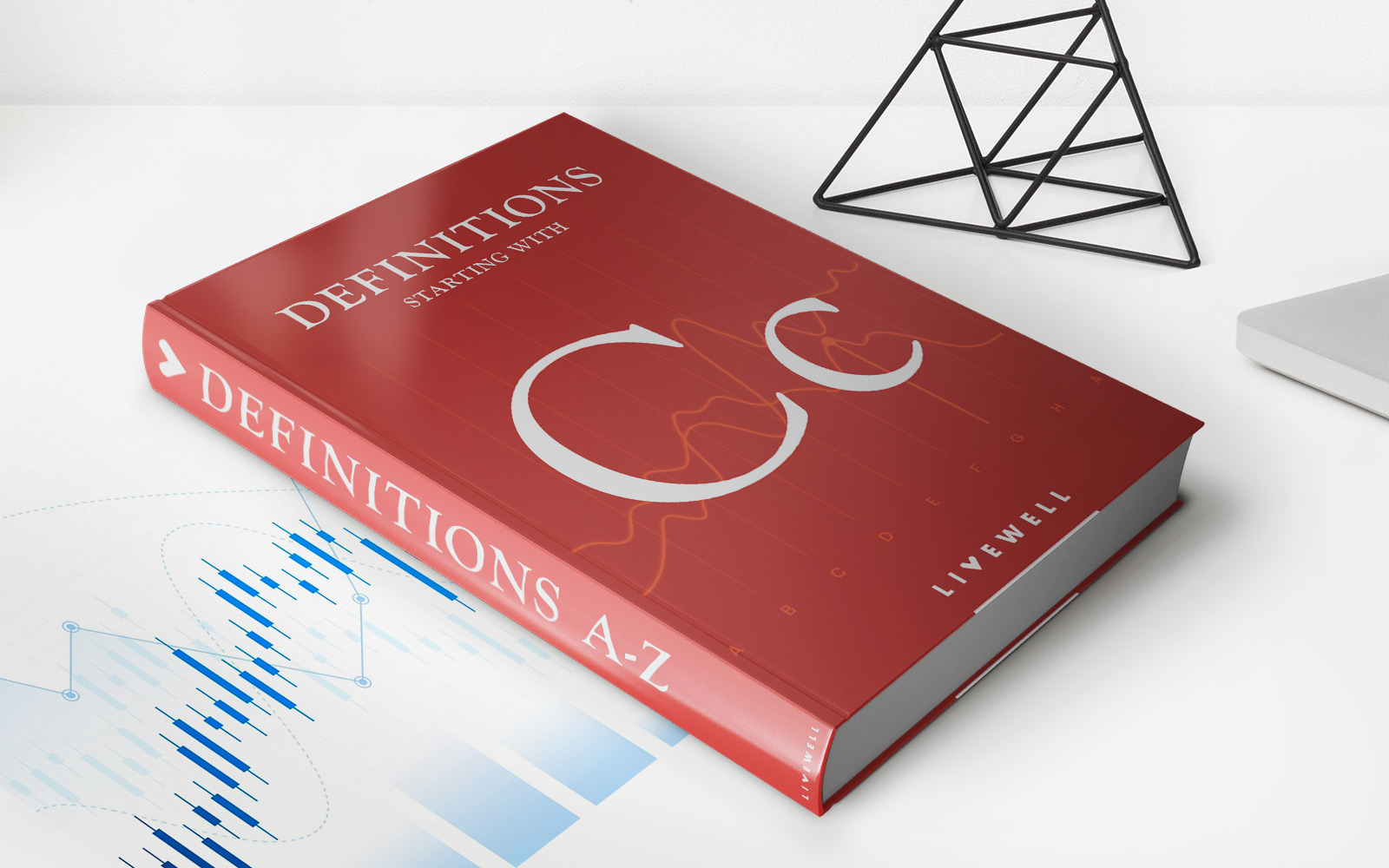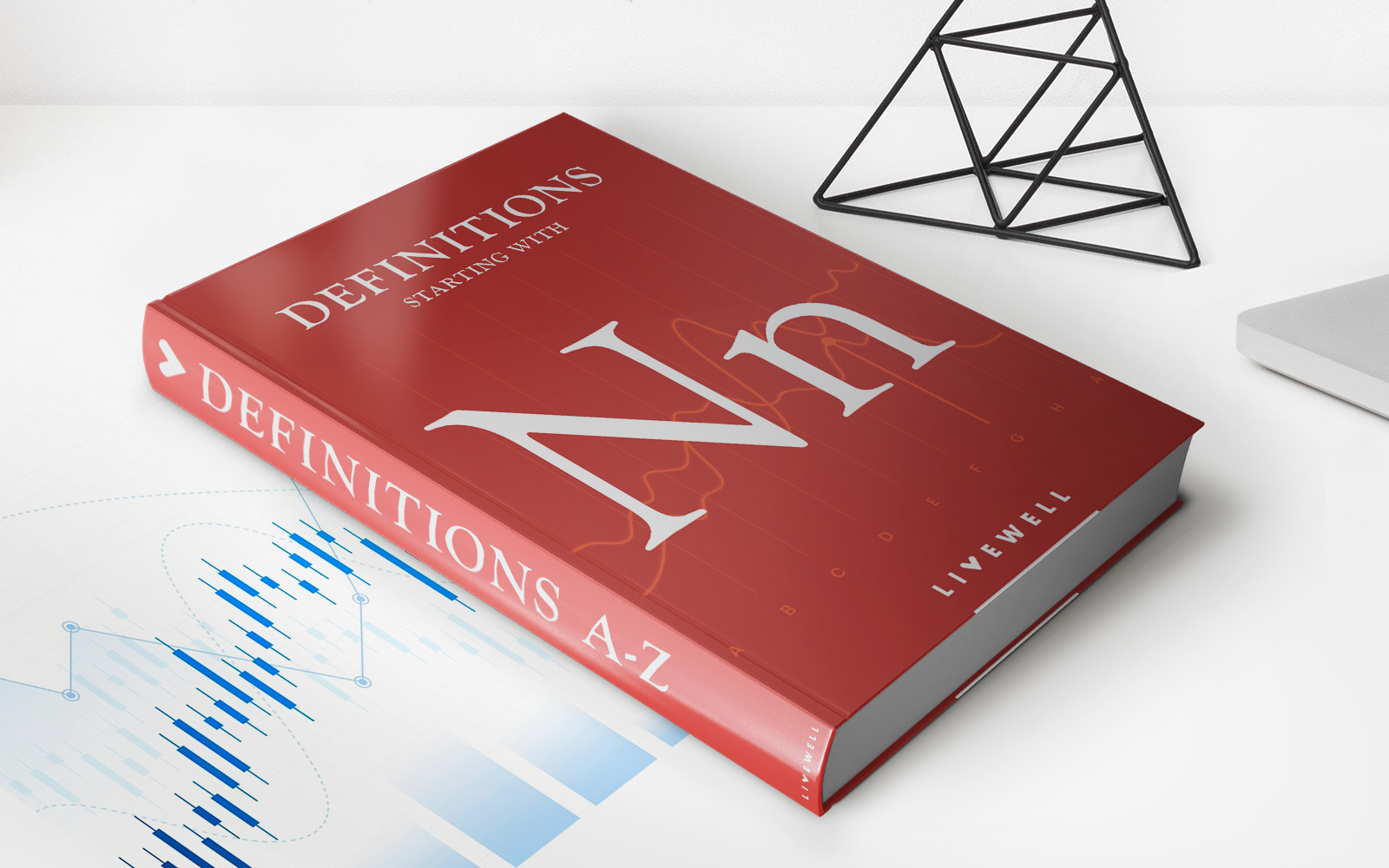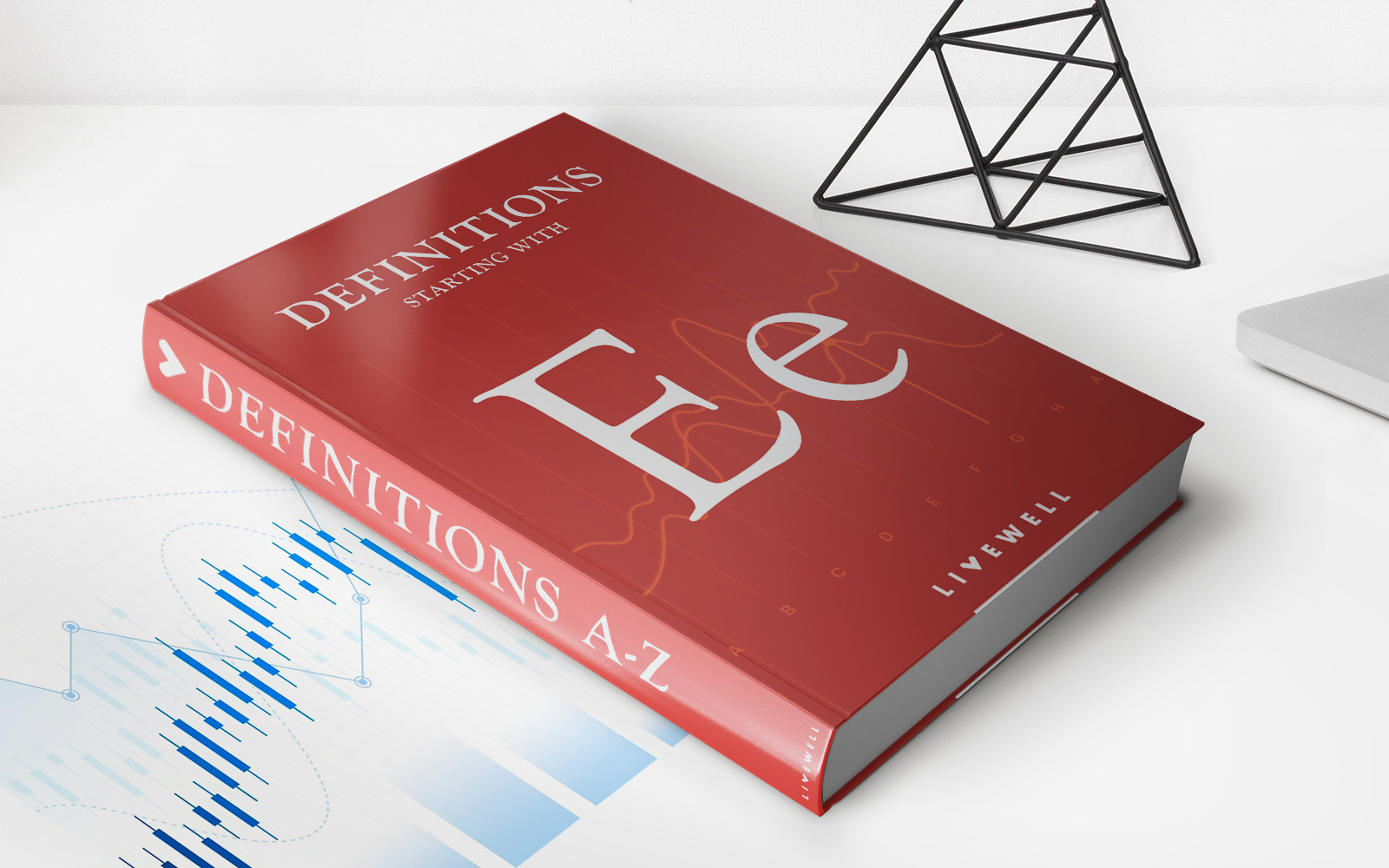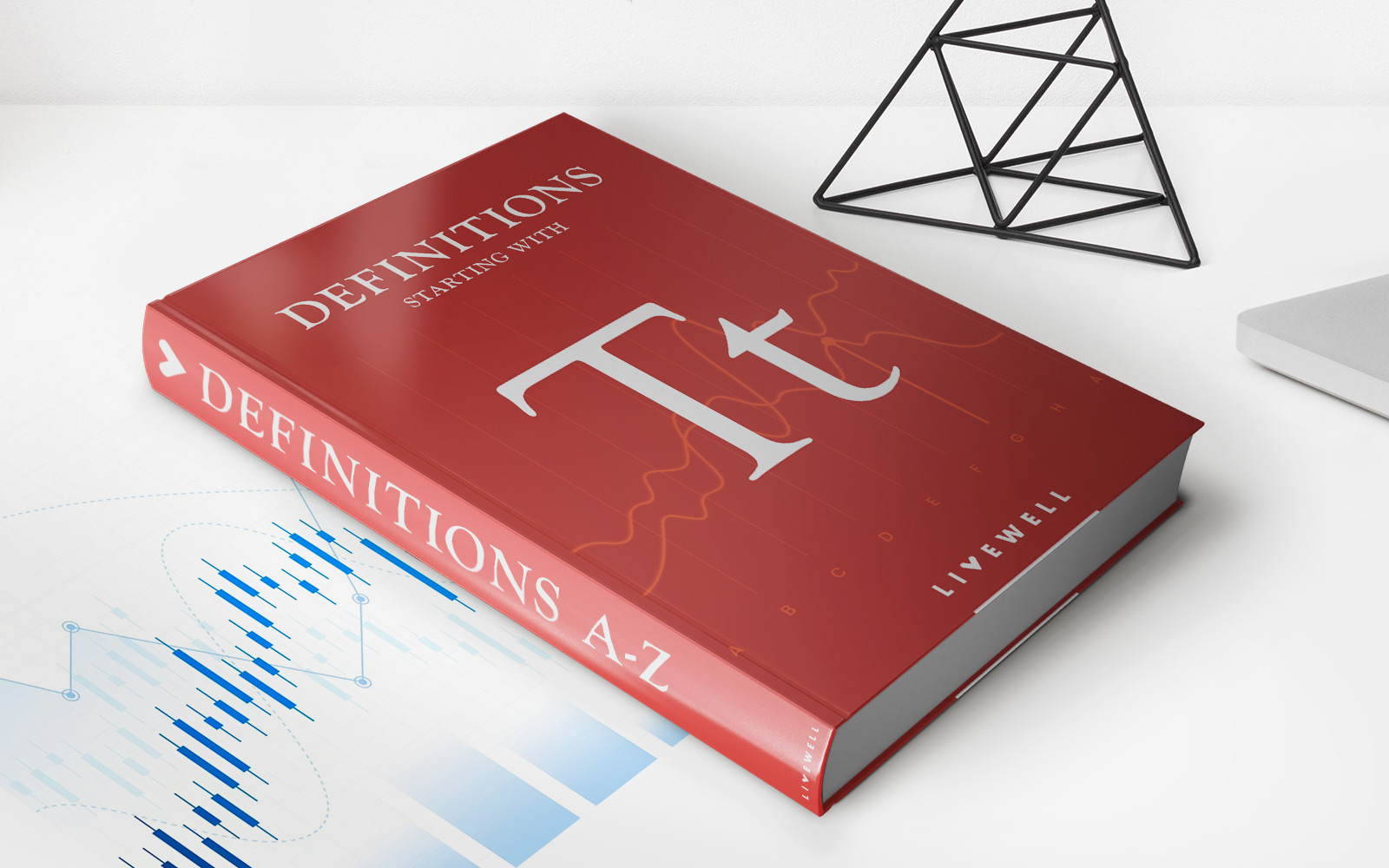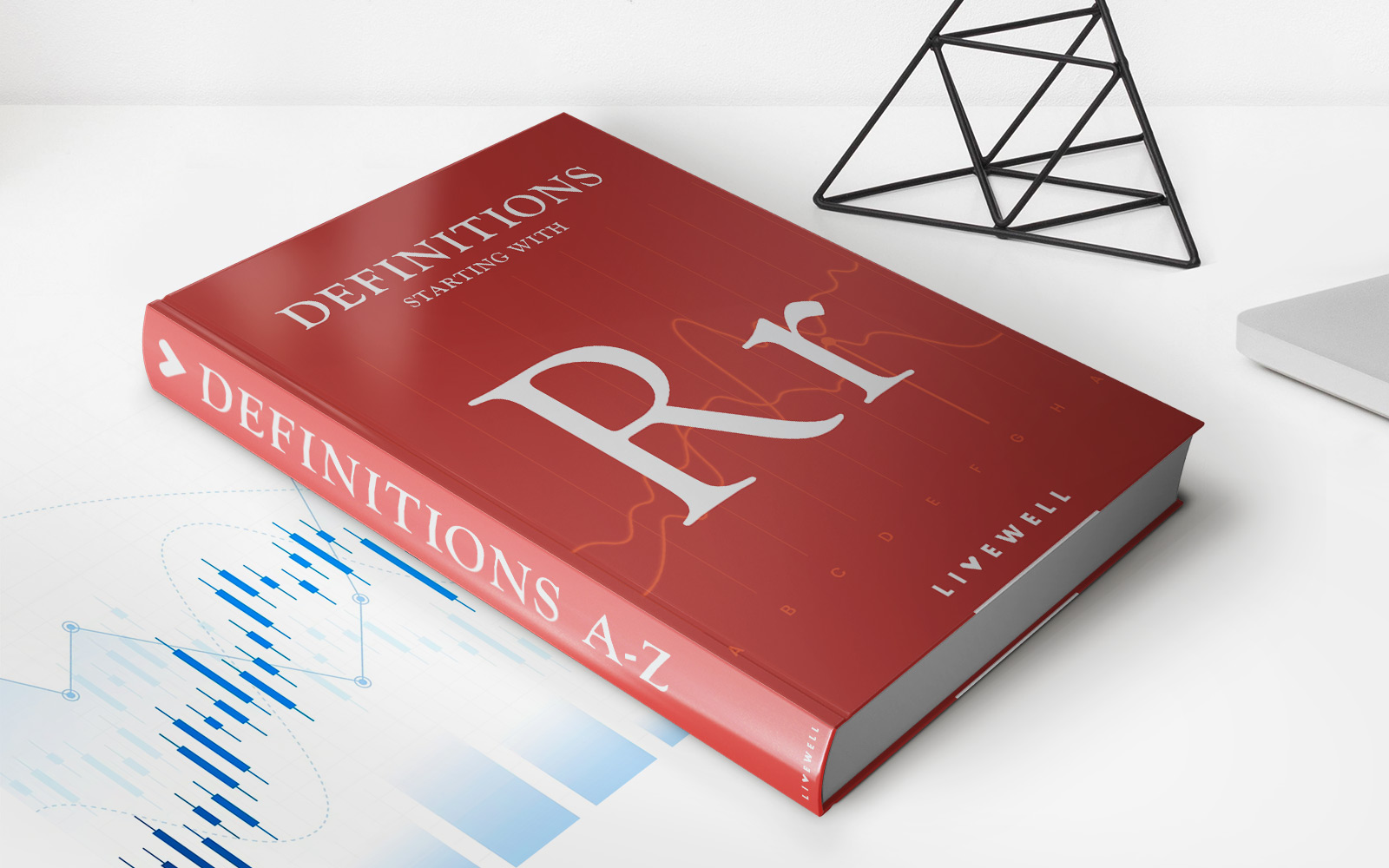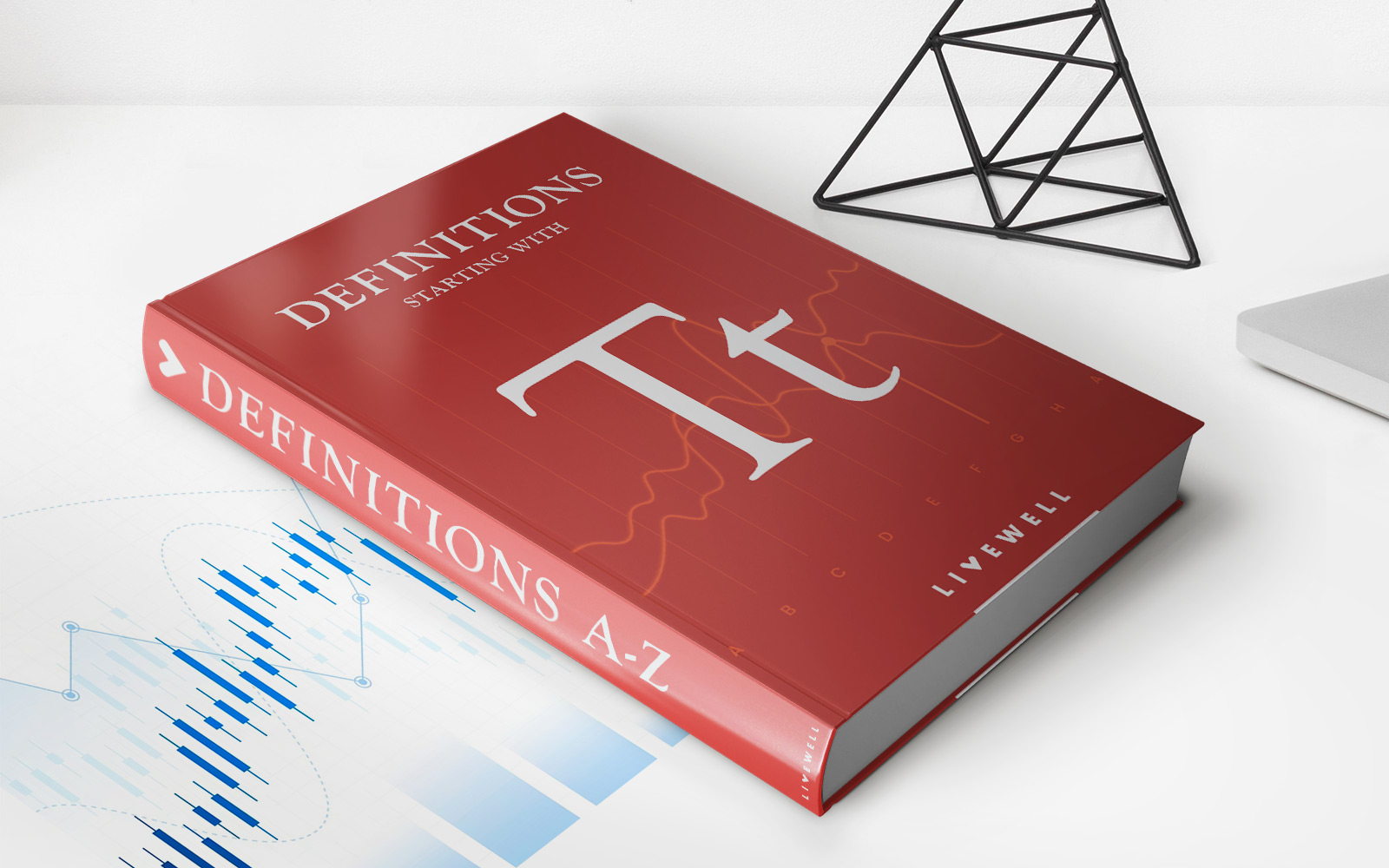Home>Finance>Beneficiary Of Trust: Definition And Role In Estate Planning
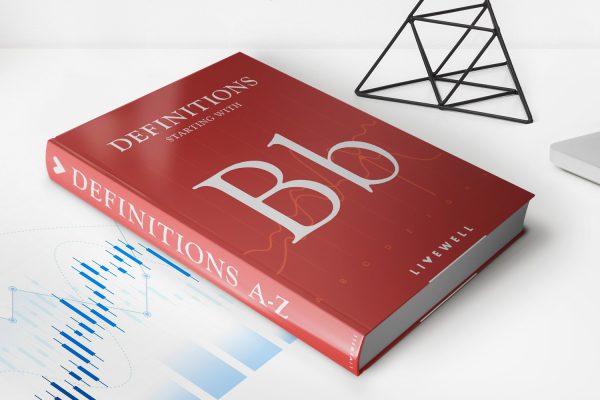
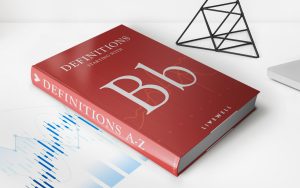
Finance
Beneficiary Of Trust: Definition And Role In Estate Planning
Published: October 15, 2023
Learn about the role and definition of a beneficiary of trust in estate planning. Discover how this finance-related concept can impact your financial future.
(Many of the links in this article redirect to a specific reviewed product. Your purchase of these products through affiliate links helps to generate commission for LiveWell, at no extra cost. Learn more)
Beneficiary of Trust: Definition and Role in Estate Planning
When it comes to estate planning, one important concept that often arises is that of the beneficiary of a trust. But what exactly does it mean to be a beneficiary of a trust, and what role do beneficiaries play in the overall estate planning process? In this blog post, we will explore the definition and role of a beneficiary of trust, shedding light on its significance in estate planning.
Key Takeaways
- A beneficiary of a trust is an individual or entity who receives the benefits of the assets held within the trust.
- Beneficiaries play a crucial role in estate planning, as they are the intended recipients of the trust assets when the time comes.
So, what exactly is a beneficiary of a trust? In simple terms, a beneficiary is an individual or entity who receives benefits from the assets held within the trust. This could include cash, property, investments, or even specific rights or privileges. The role of a beneficiary in estate planning is significant, as they are the designated recipients of the trust assets when the trust conditions are met.
Now, let’s dive deeper into the role of a beneficiary in estate planning. Here are some important points to consider:
- Receiving assets: As mentioned earlier, beneficiaries are the intended recipients of the trust assets. When the trustor (the person who creates the trust) passes away or a specific condition is met, the trustee is responsible for distributing the assets to the designated beneficiaries as outlined in the trust document.
- Protecting interests: Beneficiaries have a vested interest in ensuring that the trustee properly manages and distributes the trust assets. If they believe that the trustee is not fulfilling their fiduciary duty, beneficiaries have the right to take legal action to protect their interests.
- Understanding rights and limitations: Beneficiaries should have a clear understanding of their rights and limitations under the trust document. This includes knowing what assets they are entitled to, when they can receive them, and any conditions or restrictions associated with those assets.
- Planning for the future: Being a beneficiary of a trust can also involve thinking about one’s own estate planning. As assets are passed down from one generation to the next, beneficiaries may need to consider their own beneficiaries and how they can effectively plan for the future transfer of their assets.
- Seeking professional advice: Given the complexity of estate planning and the nuances surrounding trusts, beneficiaries may benefit from seeking advice from financial advisors or estate planning attorneys. These professionals can provide personalized guidance and help ensure that the beneficiary’s interests are protected.
In conclusion, the beneficiary of a trust holds an essential role in estate planning. They are the intended recipients of trust assets and play an active part in ensuring the proper management and distribution of those assets. By understanding their rights and limitations, beneficiaries can effectively plan for the future and protect their interests. If you are a beneficiary or considering establishing a trust, seeking professional advice is crucial to navigate the complexities of estate planning.
